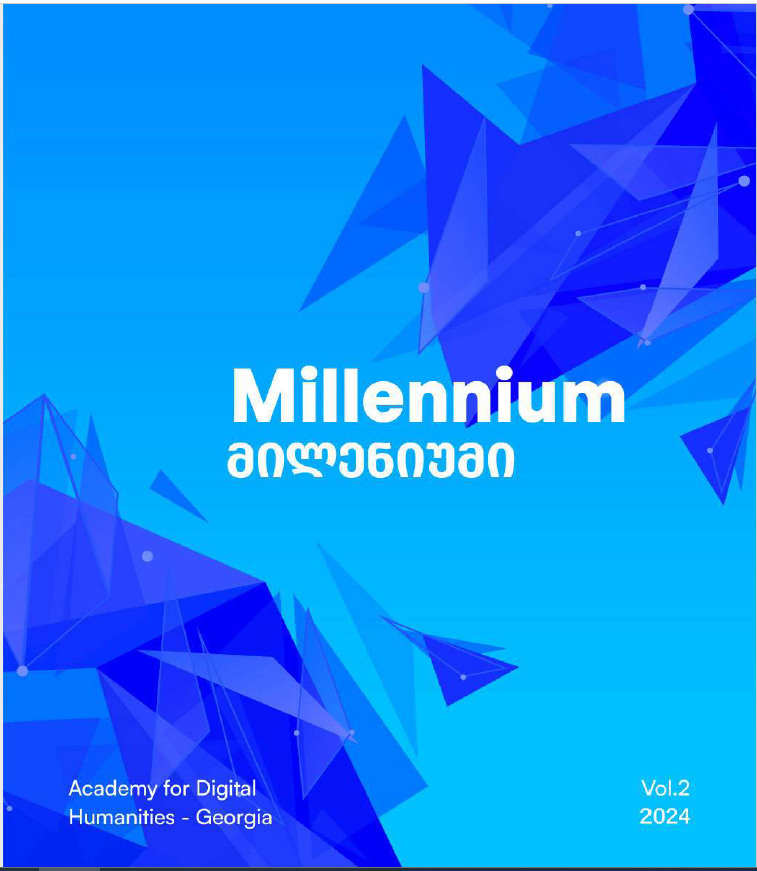Corpus-linguistic Analysis of Verba Sentiendi in „Vepxistqaosani“ in Georgian and Basque
Main Article Content
Abstract
The aim of the present analysis, which is based on a BA thesis in Empirical Linguistics at Goethe University Frankfurt, is to examine the translatological relationship between the Georgian epic Vepxistqaosani and its Basque translation by Xabier Kintana (1999). The verba sentiendi, which represent a separate group of verbs due to their specific characteristics, are in the focus of the analysis and are discussed in detail. The equivalence model by Henjum and Koller (2020) serves as a theoretical framework for the analysis of the relationship between source and translation. The third chapter of the epic (ნახვა არაბთა მეფისაგან მის ყმისა ვეფხისტყაოსნისა / Arabiako erregeak zaldun tigrelarruduna dakusa) was chosen as an example for the study. The methodological framework is based on the principle of phrase alignment, based on the methodology of the corpus project “Rustaveli goes digital”. For the empirical analysis, the verbs which were identified as verba sentiendi are analysed grammatically and two surrounding sentences each are translated and parsed to examine the contextual content. The core part of the analysis consisted of a detailed comparative consideration of the previously determined and analysed verbs regarding their textual environment. For this article, the procedure of the empirical analysis is presented exemplarily, with the focus lying on the presentation and discussion of the results of the empirical analysis.
